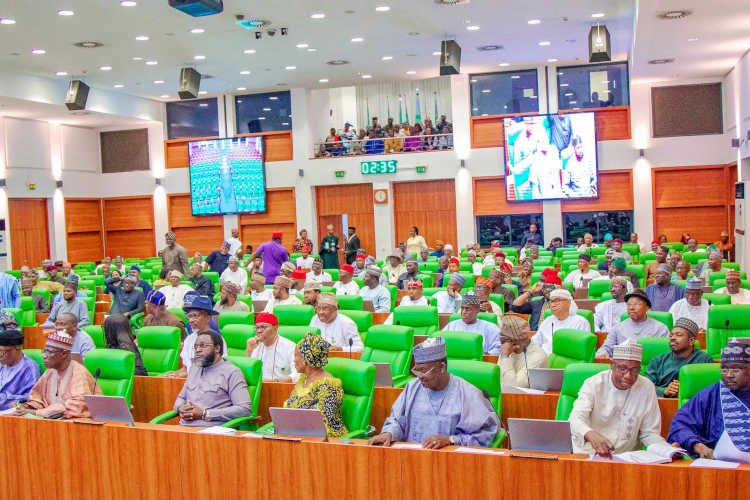The bill seeking to establish the legislative framework to regulate the activities of non-governmental organisations (NGOs) in Nigeria is needless.
Development Diaries reports that the ‘Bill for an Act to Establish Non-Governmental and Civil Society Organisations Agency for the Promotion of Social Development Activities in Nigeria and for Related Matters (HB. 941)’ was recently re-introduced in the House of Representatives.
Currently, the Companies and Allied Matters Act of 2020 in Nigeria provides a regulatory framework for how businesses and non-profit operations should be carried out in the country.
Other applicable laws in the country include the Criminal Code Act, Federal Inland Revenue Service (Establishment) Act, Personal Income Tax (Amendment) Act, Money Laundering (Prohibition) Act, and Terrorism (Prevention) Act (PTA).
Unfortunately, regulating NGOs and CSOs is a priority to lawmakers at a time when other critical issues threaten the very existence of Nigeria; at a time when citizens are protesting over the high cost of food, the level of insecurity is out of control, and citizens are faced with harsh economic realities.
In light of the existential crisis the nation is currently experiencing, why is this important to legislators? Such a bill could be counterproductive and ultimately detrimental to the country’s democratic fabric and development.
CSOs and NGOs play a crucial role in promoting freedom of association, a fundamental human right recognised internationally. They often serve as channels for citizens to express their views, advocate for their rights, and participate in public affairs.
Imposing restrictive regulations could infringe upon this fundamental freedom and undermine the democratic principles Nigeria strives to uphold.
Additionally, CSOs and NGOs act as watchdogs, holding government institutions accountable for their actions and advocating for good governance, transparency, and accountability.
Regulating the non-profit space means limiting their ability to perform these essential functions, potentially leading to increased corruption and abuse of power within the government.
Instead of rushing to create legislation to regulate CSOs and NGOs, lawmakers should engage in meaningful consultation and collaboration with stakeholders on how to address critical issues affecting citizens.
Development Diaries calls on lawmakers to step down any bill intended to gag civil society to avoid unintended consequences that could undermine democracy, development, and human rights in the country.
Photo source: House of Reps NGR







